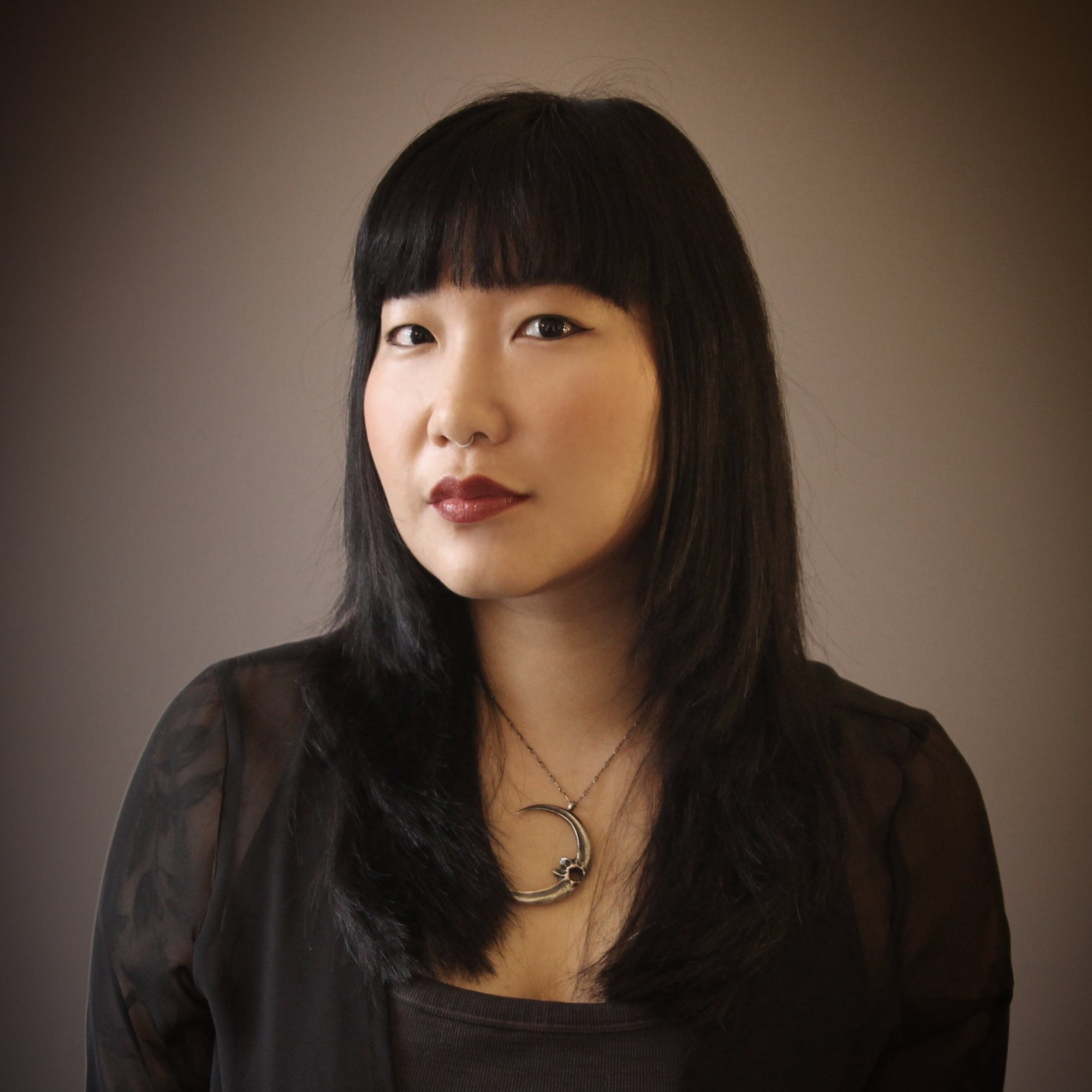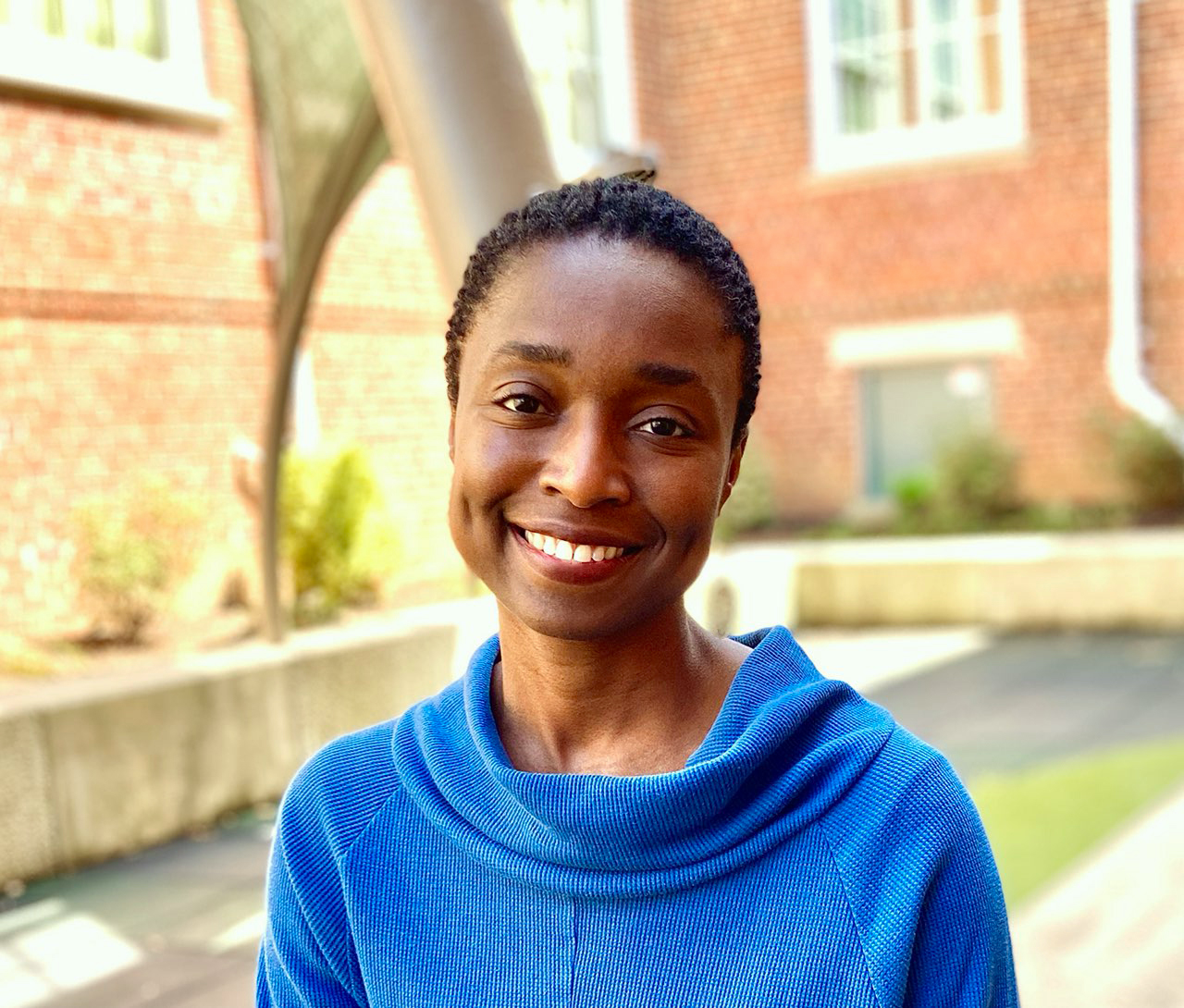
by Michele Kirichanskaya | Apr 14, 2022 | Blog
Emily X.R. Pan lives on Lenape land in Brooklyn, New York, but was originally born in the Midwestern United States to immigrant parents from Taiwan. Her debut novel, The Astonishing Color of After, was a New York Times bestseller, winner of the APALA Honor and Walter...

by Michele Kirichanskaya | Feb 25, 2022 | Blog
Amina Luqman-Dawson loves using writing to tell stories and to build an understanding of race, culture and community. Her published writing includes op-eds in newspapers, magazine articles, travel writing and book reviews. She authored the pictorial history book...




